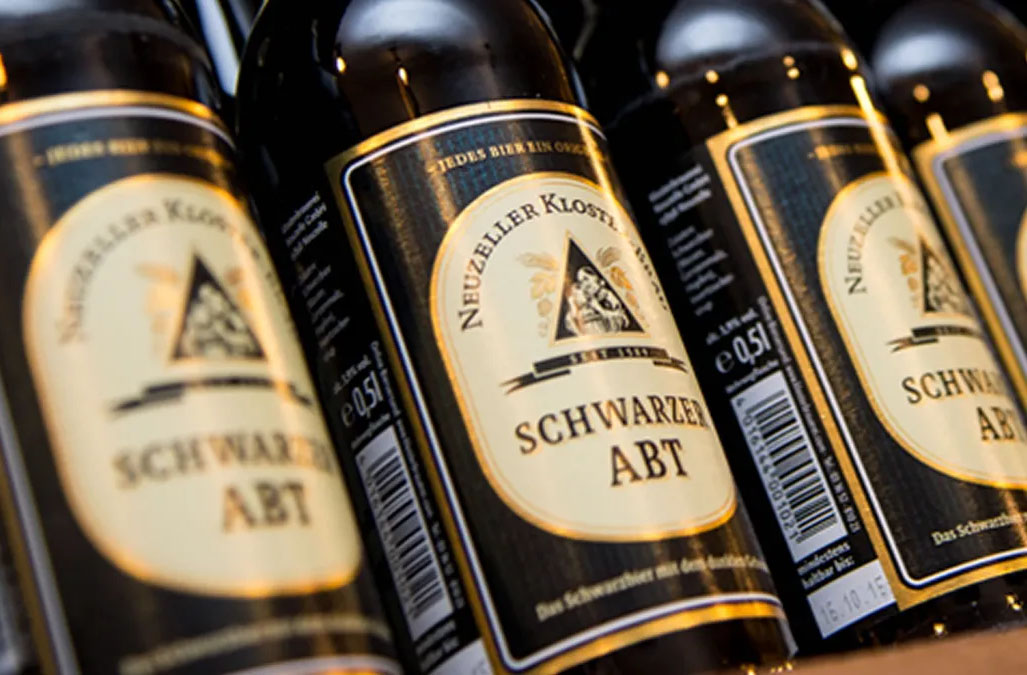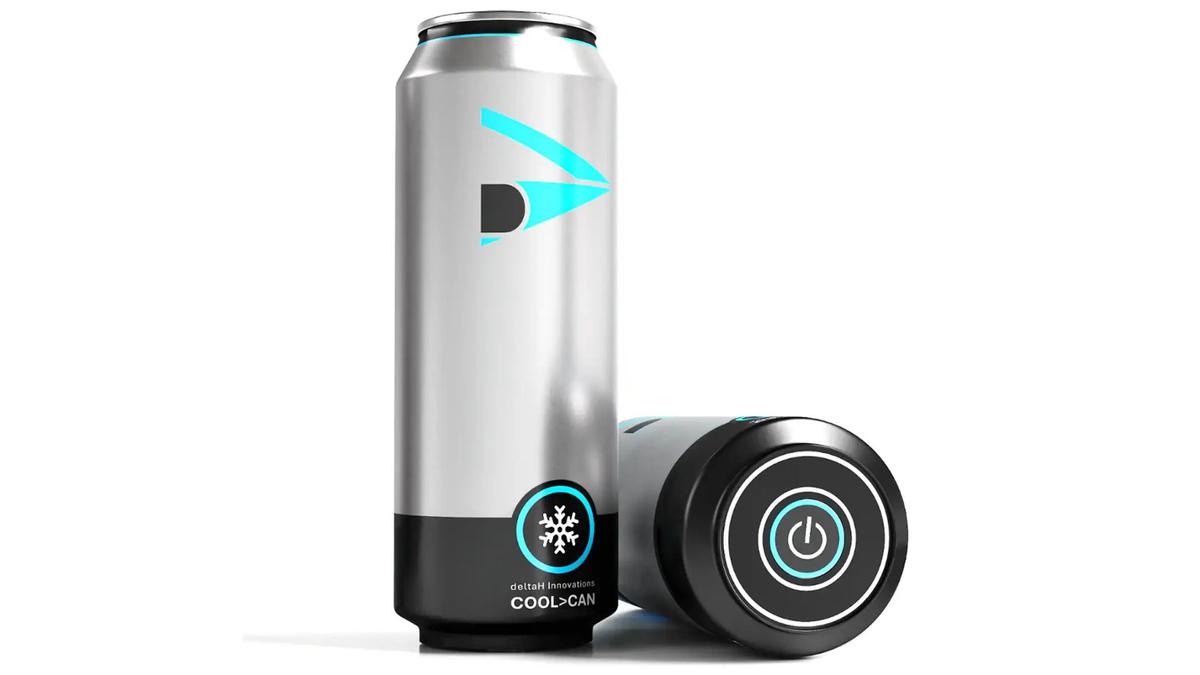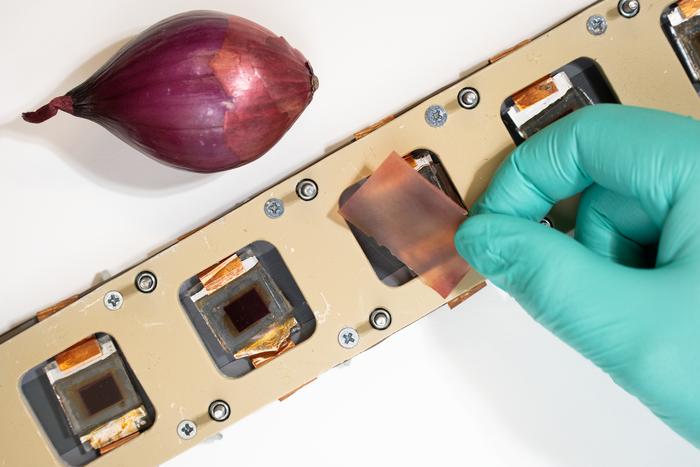German Company Creates First Carbonated Powdered Beer, Calls It The Future

Those who enjoy drinking beer know there’s no shortage of inventive ways to consume large amounts of it. If you’re one of the few beer connoisseurs that think about the environment, lowering the carbon footprint that transporting it causes has probably crossed your mind. As one of the beer drinking capitals in the world, it comes as no surprise that a German company created the “world’s first powdered beer.”
According to Interesting Engineering, Klosterbrauerei Neuzelle, a brewery that’s, oddly enough, located in a German monastery, has its eyes set on the future of beer consumption. Their powdered beer doesn’t contain alcohol, and is initially brewed like traditional beers, before being turned into a powder that dissolves in water. If inventing powdered beer wasn’t enough to convince you that Germans love their beer, the product itself was funded by the country’s Federal Ministry for Economic Affairs and Energy (BMWi), along with unnamed partners.
Klosterbrauerei Neuzelle wants to change the beer game by making it easier and cheaper to produce, without compromising on quality. As of now, they plan to test the market with small quantities. Their larger goal is to scale production and expand to alcoholic powdered beer. Another advantage is that it’s lightweight, reducing the cost of shipping to wider markets.
“The time is ripe to put classic beer production and logistics to the test [given] the way we treat our environment,” commented a shareholder of the Neuzelle monastery brewery, Helmut Fritsche, on the revolutionary project. “Billions of liters of water are transported to consumers worldwide because beer consists of up to 90 percent water. From an environmental point of view, we are already saving on transport, but not yet on the use of resources and [production costs],” he added.
The young upstart has its work cut out for it, as some consumers may be skeptical about the quality of powdered beer. Nevertheless, if there’s a more sustainable approach to distributing it around the globe, it’s definitely worth a closer look.






















